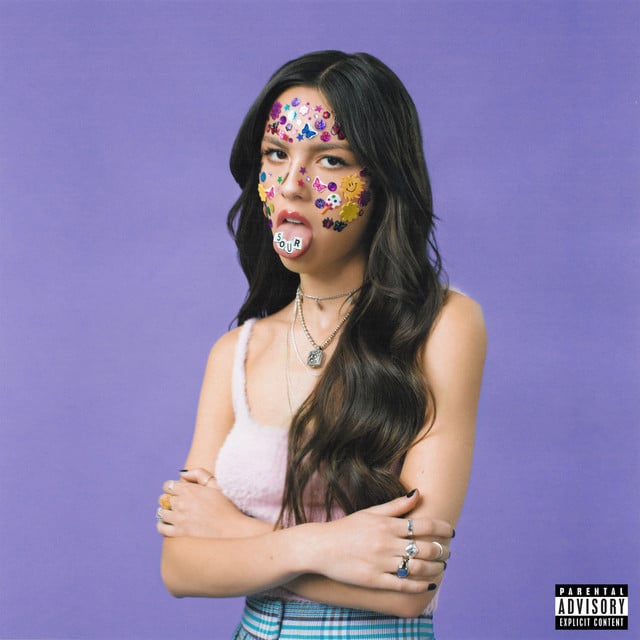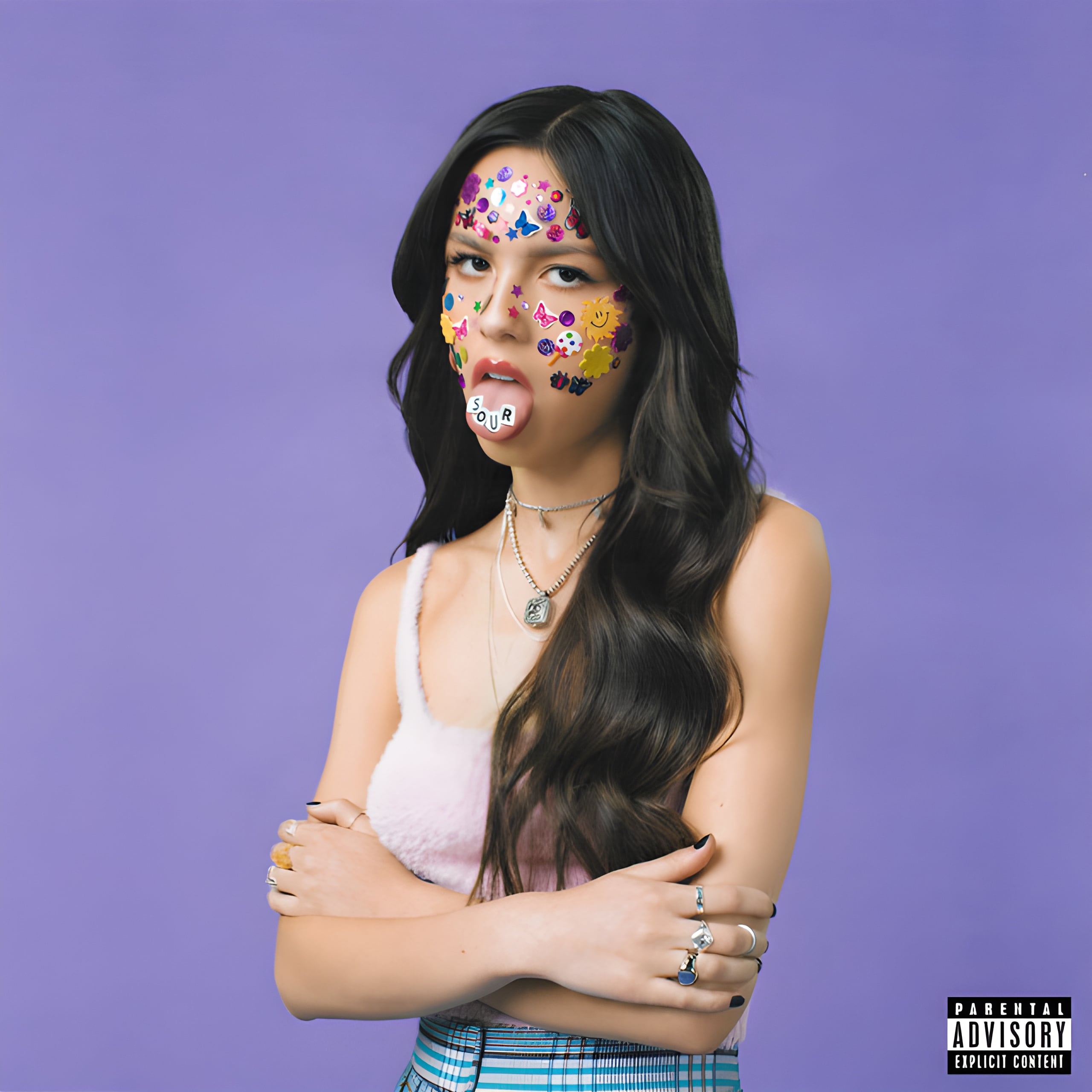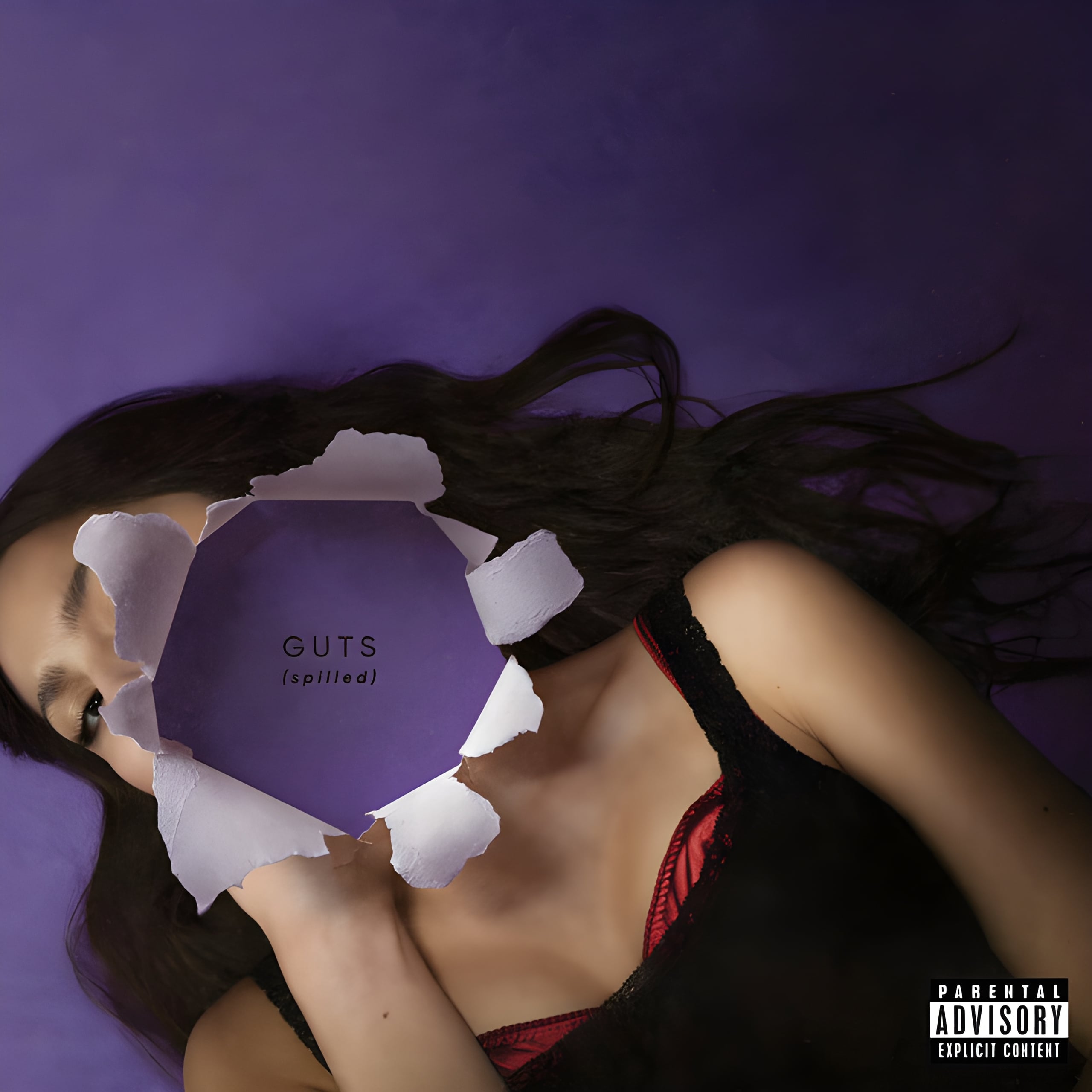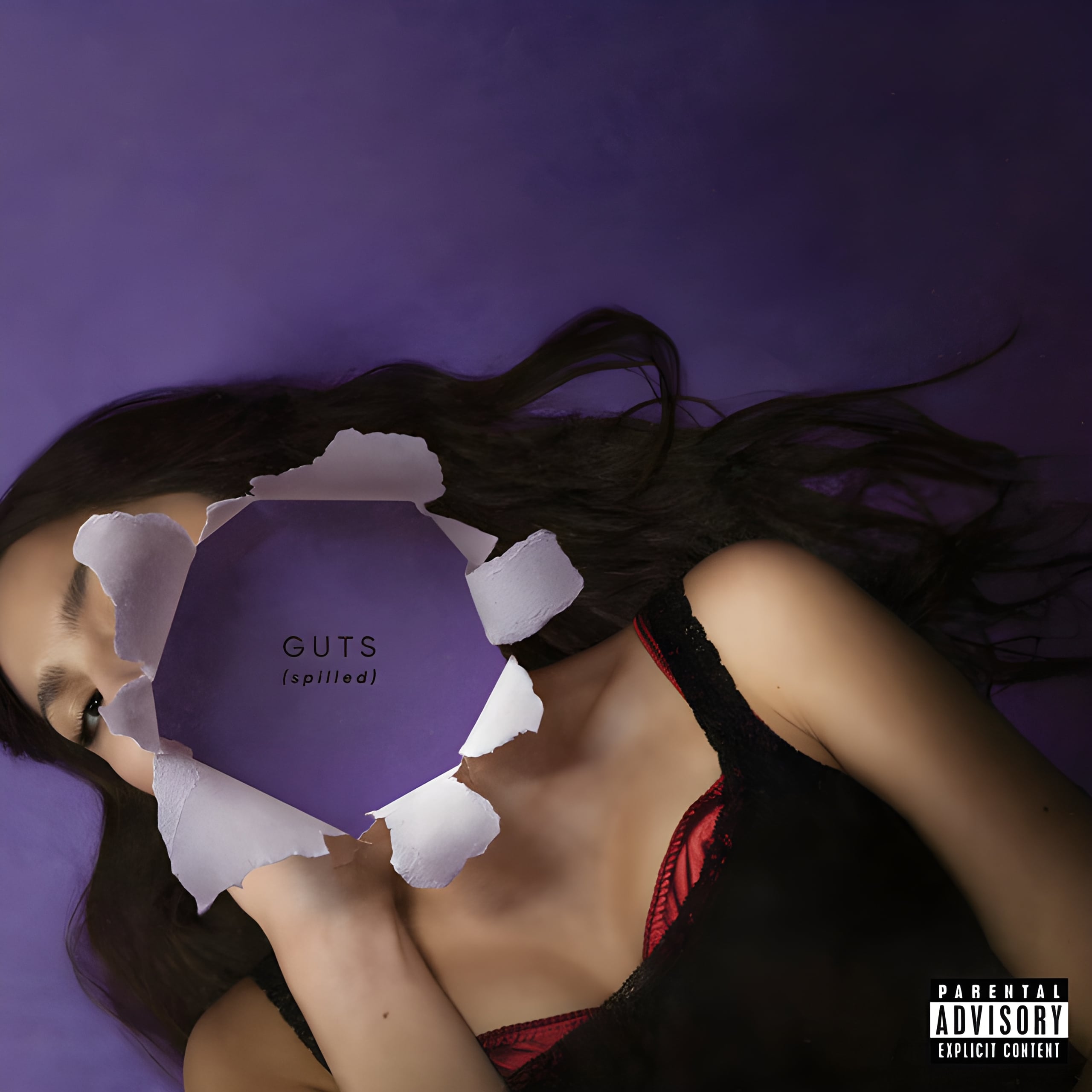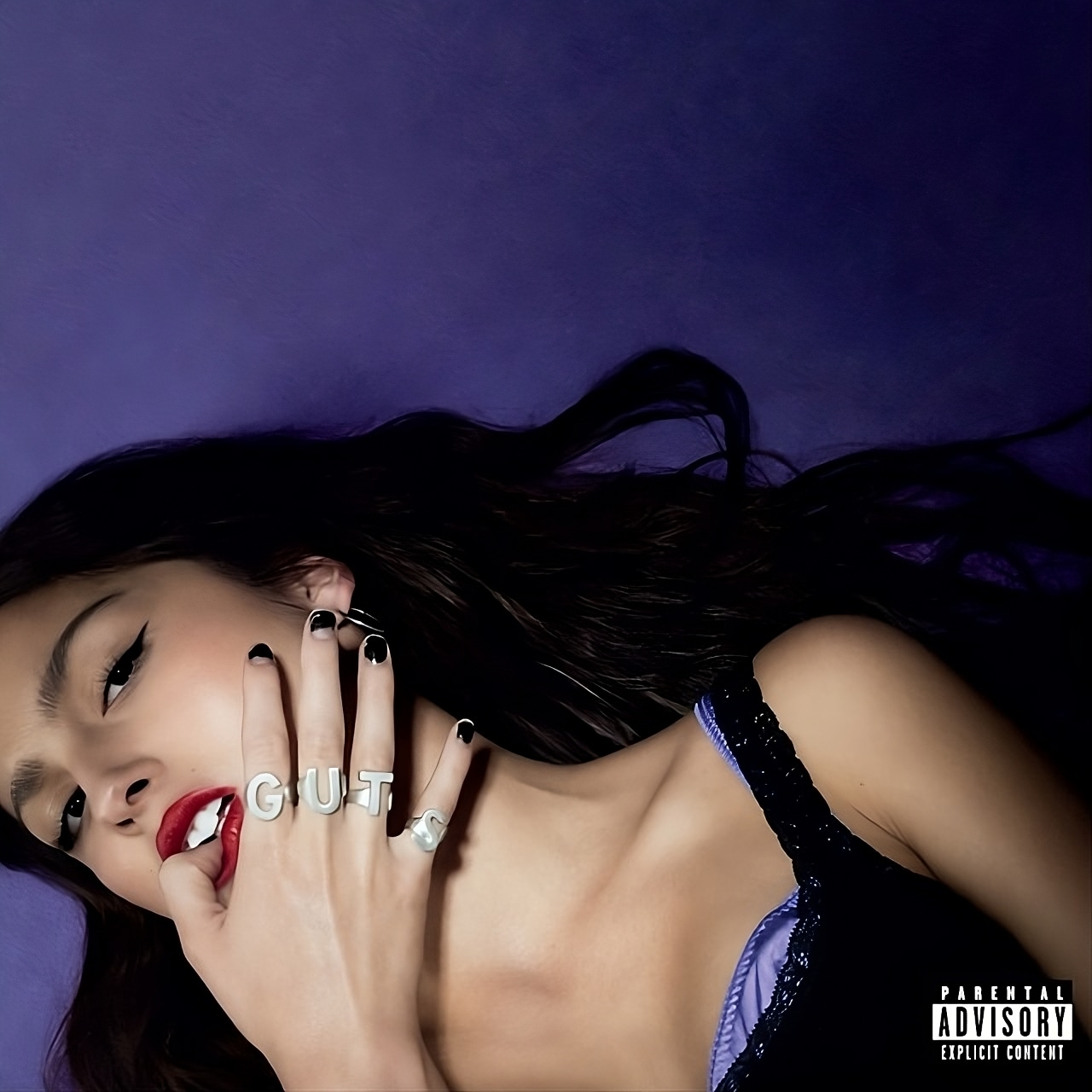Released: 2021
“Deja Vu” by Olivia Rodrigo is a pop music artifact that delves into the aftermath of a relationship, and the feeling of seeing your ex-partner move on with someone who seems eerily similar to you. Rodrigo navigates this emotional turmoil with impressive lyrical deftness, pointing out the painful familiarity of the situation.
The opening verse has Rodrigo recounting specific moments from her past relationship: “Car rides to Malibu/Strawberry ice cream, one spoon for two/And trading jackets.” Here, she is using vivid imagistic details to capture the essence of their shared moments, from intimate ice cream sharing to the swapping of jackets – a classic romantic trope. The mention of the car ride to Malibu could be a nod not just to the specific location, but also as symbol of the carefree, sun-soaked spirit often associated with Southern California culture.
The term “Deja Vu”, a French term meaning ‘already seen’, encapsulates the gut-punch feeling when she sees her ex recreate their personal, intimate moments with someone new. She challenges him, painting a sarcastic, sardonic image, “She thinks it’s special, but it’s all reused”. Rodrigo, here, is expressing the frustration of seeing her unique experience becoming a mere copy-and-paste in the hands of her ex.
Rodrigo further sharpens her criticism by noting that even the girl is eerily like her, “Do you call her, almost say my name?/’Cause let’s be honest, we kinda do sound the same/Another actress” – the term ‘actress’ is often used in pop music culture to hint towards insincere individuals putting on a performance.
The Billy Joel reference, and the song choice of “Uptown Girl” hints to the timeless nature of her feelings – possibly remarking on the cyclical nature of romantic replacements, saying, “I bet that she knows Billy Joel/’Cause you played her ‘Uptown Girl'”. By implying that this girl is now singing the same songs and hearing the same lines, Rodrigo imbues the song with an ironic twist that highlights not just the repetition, but a recycling of romance.
Ultimately, the song is a powerful exploration of a universal post-breakup experience, and Rodrigo’s lyrical sophistication allows her to turn personal narrative into a shared understanding of the bitterness of seeing someone you used to love, love someone else in the same way.
